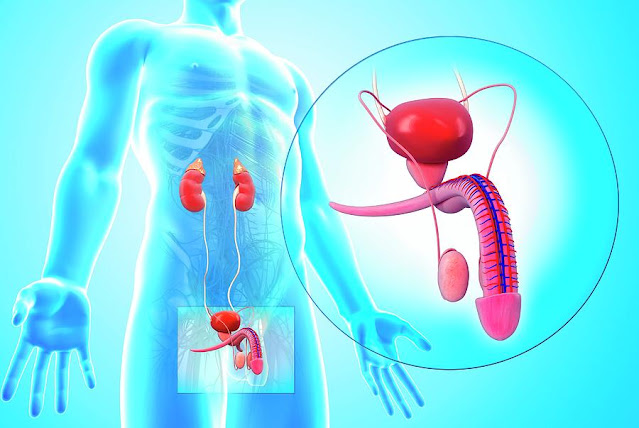Reproductive Health: An Essential Aspect of Well-being
Reproductive health is an integral component of overall
well-being and a fundamental human right. It encompasses a range of issues,
from family planning and access to contraception to sexual education and
maternal care. Ensuring reproductive health is not just a matter of individual
choice but a collective responsibility. In this blog, we'll explore the
significance of reproductive health, the challenges people face, and the
importance of informed decision-making in this crucial aspect of our lives.
Understanding Reproductive Health
Reproductive health goes beyond the absence of diseases and
disorders; it pertains to the physical, mental, and social well-being
associated with our reproductive systems. It's about the ability to lead a
satisfying and safe sexual life, the freedom to decide if and when to have
children, and access to healthcare services that support these choices. Here
are some key aspects of reproductive health:
1. Family Planning: The ability to
make informed choices regarding the number and timing of children is vital.
Access to contraception methods empowers individuals and couples to plan their
families according to their life circumstances.
2. Comprehensive Sexual Education:
Providing accurate, age-appropriate sexual education is essential for young
people. It equips them with the knowledge and skills to make informed decisions
about their sexual health.
3. Maternal Health: Access to
quality maternal healthcare during pregnancy, childbirth, and postpartum is
essential to reduce maternal mortality and improve child health.
4. Safe Abortions: In cases where
individuals choose to terminate a pregnancy, safe and legal abortion services
are crucial to prevent unsafe procedures that can endanger lives.
5. STI and HIV Prevention:
Information and access to protection against sexually transmitted infections,
including HIV, are crucial for overall reproductive health.
Challenges in Reproductive Health
While progress has been made in the field of reproductive
health, numerous challenges persist. These include:
1. Stigma and Taboos: Societal
norms and taboos around sexuality and reproductive health can hinder open
conversations and access to information.
2. Limited Access to Services: In
many parts of the world, individuals, especially those in low-income settings,
lack access to essential reproductive health services and contraception
methods.
3. Gender Inequality: Gender-based
discrimination and violence can severely impact the reproductive health of
women and marginalized groups.
4. Lack of Education: Inadequate
sexual education can lead to misunderstandings, misinformation, and risky
behaviors.
Empowering Choices and Informed
Decision-Making
Empowering individuals to make informed choices about their
reproductive health is crucial. This empowerment involves providing
comprehensive, accurate information, access to services, and creating a
supportive environment for personal decision-making. It's about respecting the
autonomy and rights of individuals and acknowledging that everyone's path to
reproductive health is unique.
Key Takeaways
Reproductive health is not just an individual matter but a
collective responsibility. It is about promoting well-being, ensuring access to
essential services, and respecting the choices individuals make regarding their
sexual and reproductive lives. By breaking down taboos, providing education,
and promoting gender equality, we can work towards a world where everyone can
make informed choices about their reproductive health. Remember, your
reproductive health is a fundamental right, and you have the power to take
charge of it.



